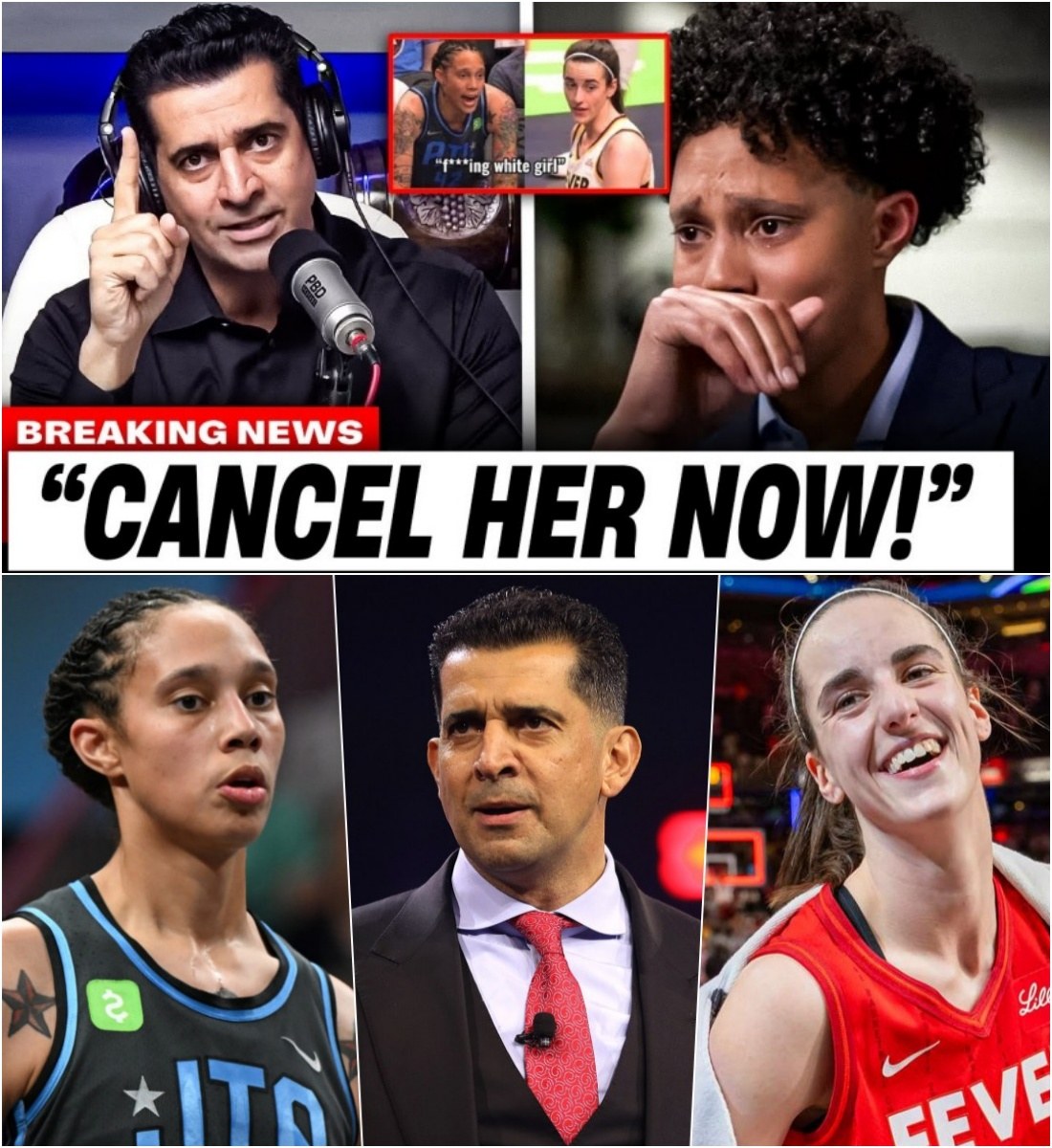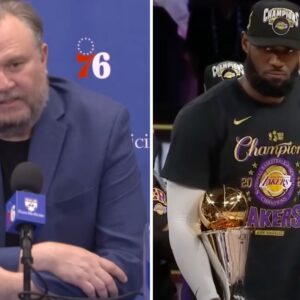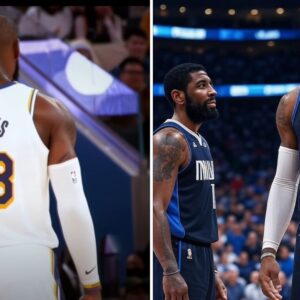
The recent clash involving YouTuber Patrick Bet-David and WNBA star Brittney Griner has ignited widespread controversy. Bet-David accused Griner of “attacking” rising basketball star Caitlin Clark—claims that remain unverified but have deeply polarized fans and commentators alike.
Griner, a two-time Olympic gold medalist and Phoenix Mercury standout, has long been respected for her leadership. Clark, meanwhile, is capturing national attention with her record-breaking performance and charisma. The alleged conflict between the two shocked many, especially in a league known for unity and mutual respect.
“It’s different when you come from college to the pros,” Griner advised Clark, a comment some have twisted.
Bet-David’s criticism—framed with inflammatory rhetoric—sparked backlash, with many accusing him of sensationalizing and misrepresenting events for clicks. Critics warn such narratives can damage reputations and amplify misinformation, especially in the fast-moving world of social media.
The incident reflects broader concerns: the responsibility of influencers, the fine line between commentary and harm, and the need to prioritize truth over virality. As fans debate, one truth remains—sports should uplift, not divide.


